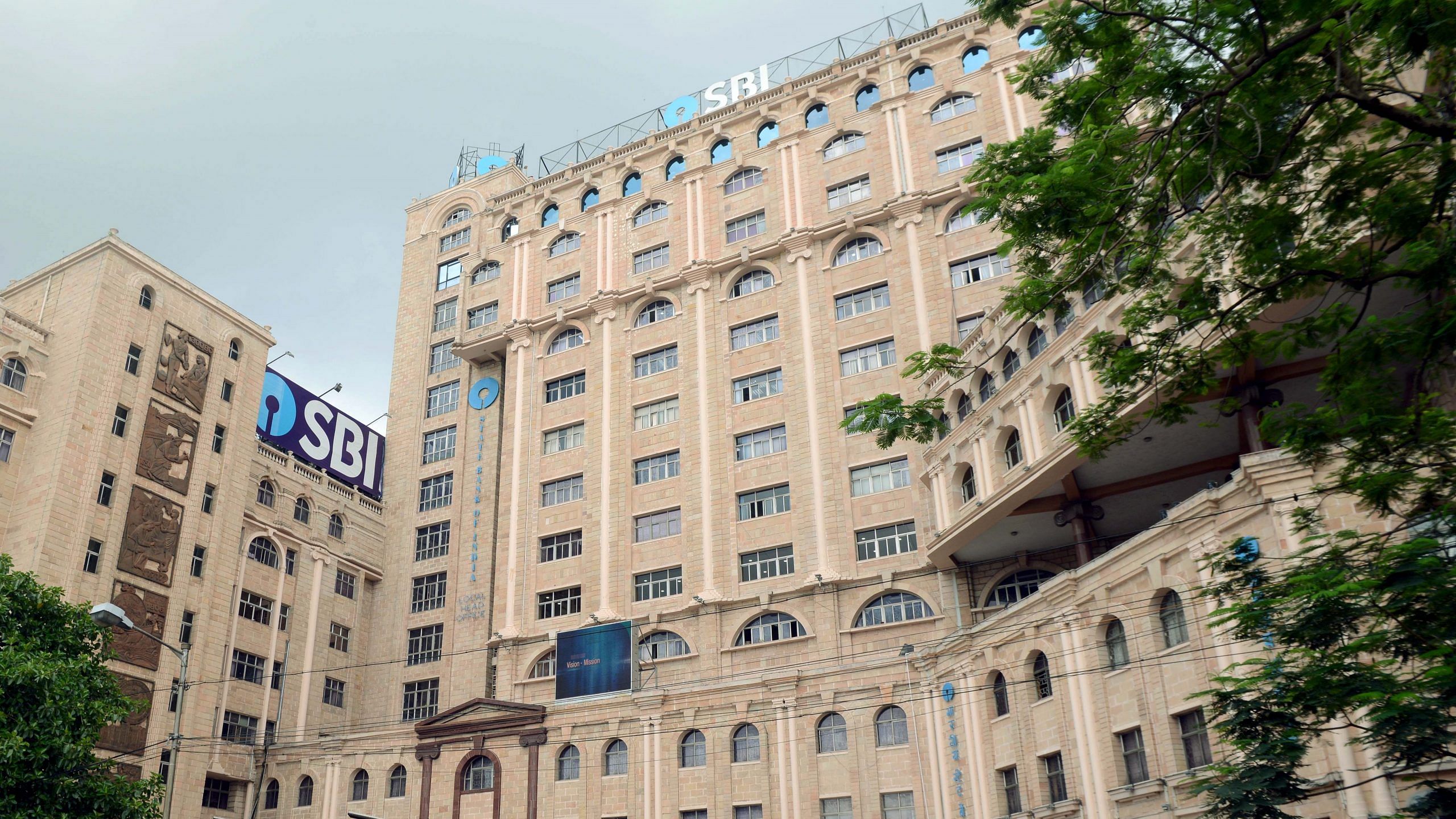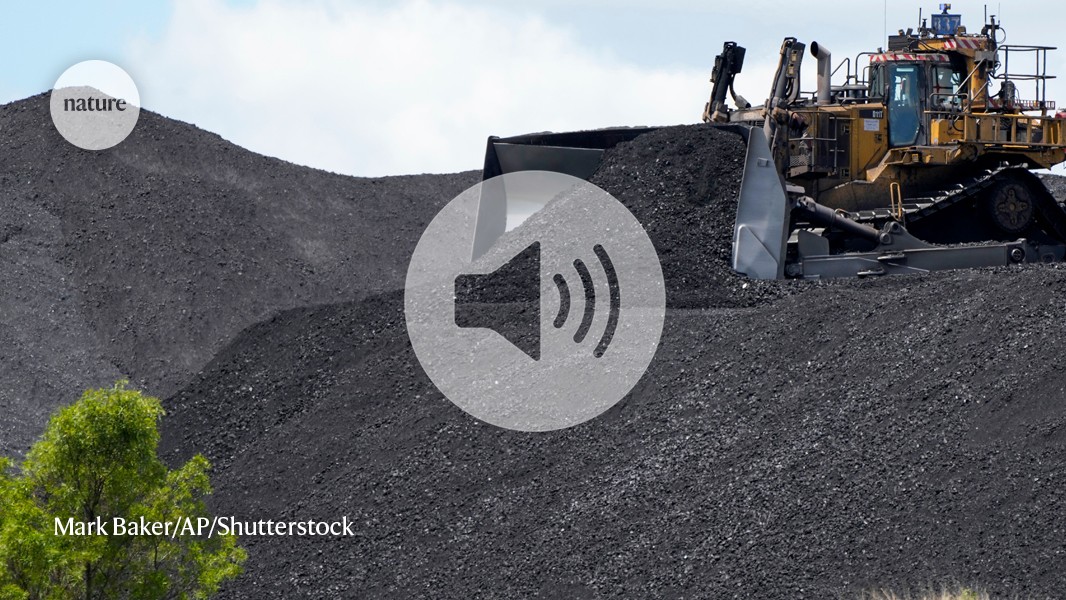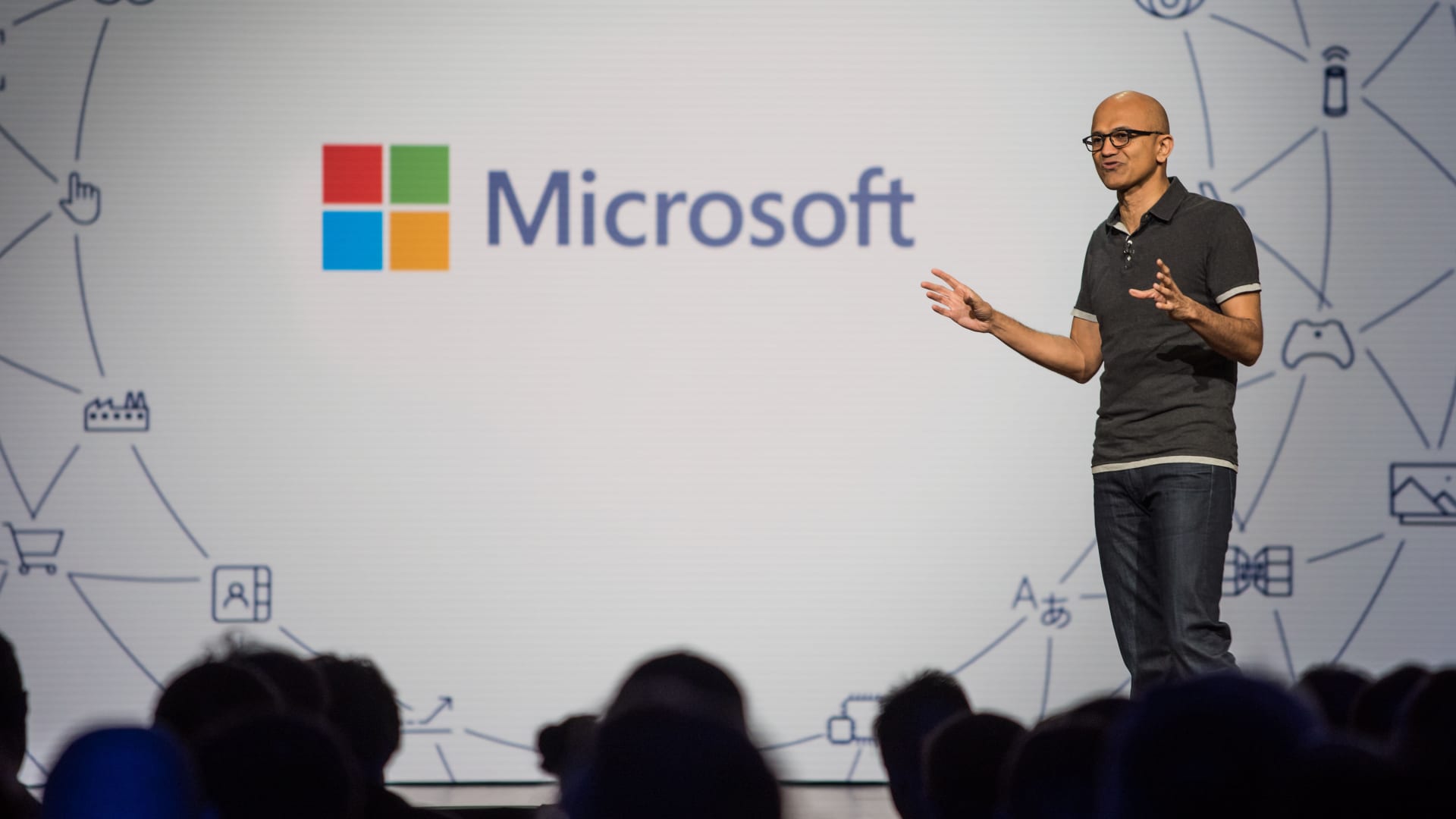
- Select a language for the TTS:
- UK English Female
- UK English Male
- US English Female
- US English Male
- Australian Female
- Australian Male
- Language selected: (auto detect) - EN
Play all audios:
NEW DELHI: India’s biggest bank is caught between Larry Fink and Narendra Modi. State Bank of India needs to finance coal projects to meet the Indian leader’s push to electrify more homes,
yet it wants to back renewable projects to appease investors like BlackRock Inc. For now it’s doing a bit of both. “Investors’ concerns are very important to us, we take them into
consideration,” the lender’s head of corporate banking and global markets, Ashwani Bhatia, said in an interview. “But we also have commitments to the country. There are so many coal mines
being developed in India because we need them to produce steel, aluminum, electricity.” Show Full Article The listed state-owned lender has a tough balancing act on its financial support for
coal-fired power plants, which are a major contributor to air pollution. International investors are increasingly restricting support to companies involved in extracting or consuming coal,
yet nearly 70% of India’s electricity comes from coal plants and demand for power is set to rise as the economy recovers from the blows of the pandemic. BlackRock and Norway’s Storebrand
ASA, both of which hold less than 1% in the bank according to Bloomberg data, raised their objections over the past year. Amundi SA divested its holdings of the lender’s green bonds because
of the bank’s ties to a controversial coal project in northern Australia. State Bank of India hasn’t decided whether to help finance the Carmichael mine for Adani Enterprises Ltd, whose main
shareholder is Indian billionaire Gautam Adani, following mounting pressure from climate activists and investors, Bloomberg reported in April. Funding for global energy is at a tipping
point. Green bonds and loans from the global banking sector so far this year exceeded the value of fossil financing for the first time since the clinching of the Paris Agreement at the very
end of 2015. In India, the shift away from coal will take time. Millions of citizens remained without power months after Modi’s planned deadline to electrify every home passed two years ago.
The environment ministry earlier this year further delayed anti-pollution guidelines for power plants that use the fuel. The shift to solar from thermal is happening gradually in India as
companies move toward cleaner fuel-based technology, Bhatia said, adding that the bank is keen to fund companies that make electric cars. The bank also charges 20 basis points less on loans
to individuals borrowing to purchase electric vehicles, he said. The bank has been boosting the share of loans to the clean energy sector and it approved three times more loans to solar
projects in the financial year that ended in March than to the overall thermal sector, the 59-year-old banker said. That’s because there was hardly any demand for new loans from fossil-fuel
producers last year, he said, adding that most long-term loans to thermal projects are existing commitments. The lender’s loans to the power sector stood at 1.86 trillion rupees ($25.6
billion) or 7.3% of the total at the end of March with 319.2 billion rupees of loans to renewable energy, according to the bank’s latest analyst presentation. The company doesn’t give a
break-down of its lending to coal or other segments within the power sector. “Being the largest bank in the country we are also the largest funder of solar initiatives of large companies,”
he said. “The shift from thermal to solar has started happening in a significant way.”- _Bloomberg_ ------------------------- _ALSO READ: Coal India set to give big pay hikes, power
companies may take hit due to higher coal prices_ -------------------------









